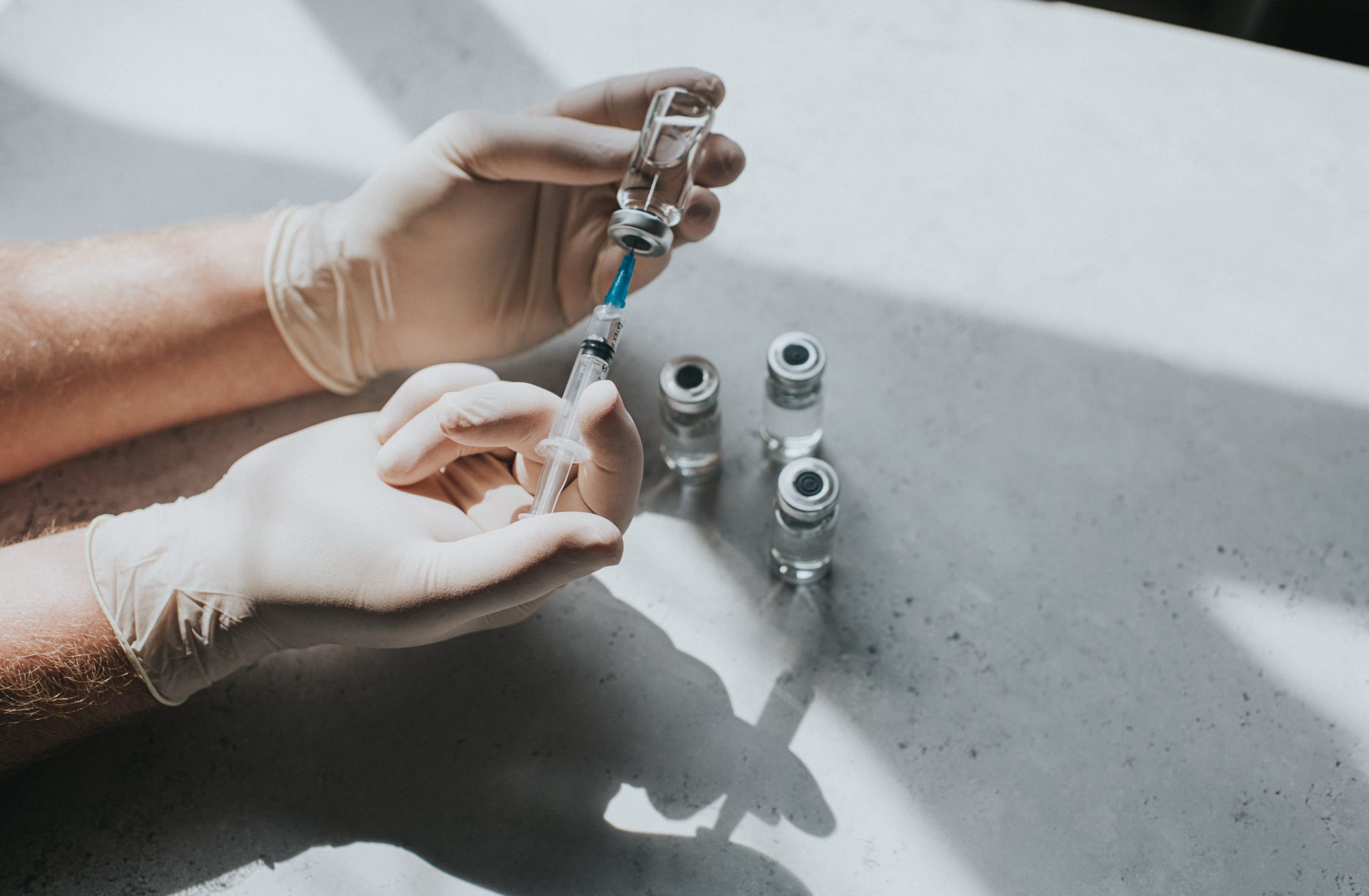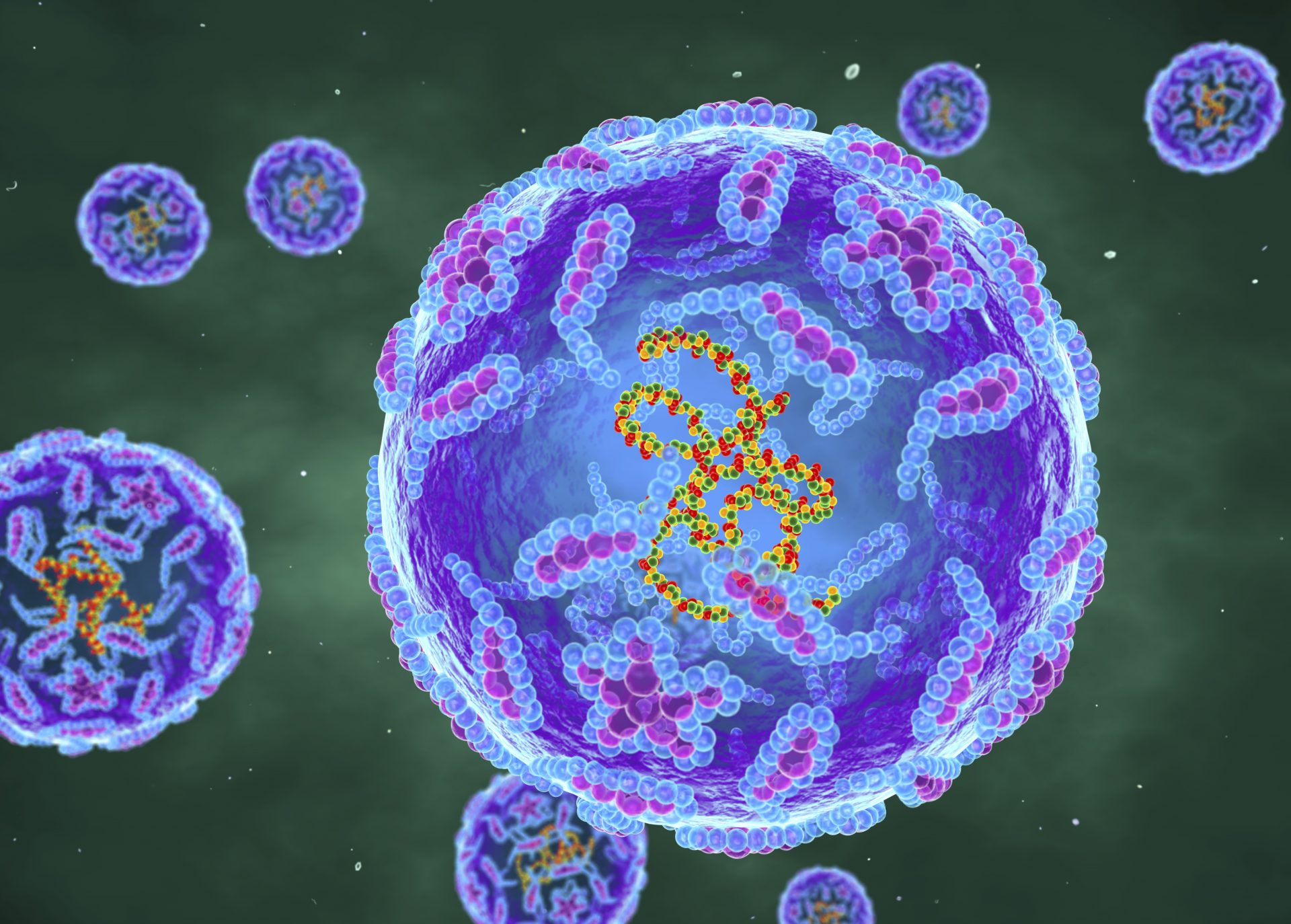Home » Health News »
“The polio virus has been found in London sewage: should I be concerned?”
Written by Amy Beecham
After traces of the virus have been found in London’s wastewater system, experts explain how polio spreads and how concerned we should be.
A national incident has been declared after evidence of community transmission of polio virus was discovered in wastewater in north and east London for the first time since 2003.
According to the UK Health Security Agency (UKHSA), the virus was identified in sewage samples taken between February and May 2022.
No cases of the disease have been reported, but public health officials have urged people to make sure that they and their families were up to date with polio vaccinations to reduce the risk of harm.
Investigations are continuing to help authorities better understand the extent of the transmission, and the NHS has been asked to swiftly report any suspected cases to the UKHSA.
Here’s what you need to know about the virus.
What is polio?
According to the NHS website, polio is caused by a virus that spreads easily when an infected person coughs or sneezes.
It can also be caught from food or water that’s been in contact with the poo of someone who has the virus, such as through poor hand hygiene.
The last case of wild polio contracted in the UK was confirmed in 1984, and the World Health Organisation declared the UK polio-free in 2003.
What are the symptoms of polio?
While the NHS suggests most people who get polio do not have symptoms, some people may experience mild, flu-like symptoms, such as:
- a high temperature
- extreme tiredness (fatigue)
- headaches
- being sick (vomiting)
- a stiff neck
- muscle pain
These symptoms can usually last up to 10 days.
In rarer cases, polio can cause paralysis, usually in the legs. Paralysis is not usually permanent and movement will slowly come back over the next few weeks or months. However, it can become life-threatening if the paralysis affects the muscles used for breathing.

How did polio get into the sewage system?
The outbreak is believed to spread locally by a person returning to the UK after having the oral polio vaccine. It is unclear how much the virus has spread, but it may be confined to a single household or an extended family.
As per a government statement, the detection of the virus suggests it is likely there has been some spread between closely-linked individuals in north and east London and that they are now shedding the type 2 polio virus strain in their faeces.
So far, the virus has only been detected in sewage samples and no associated cases of paralysis have been reported – but investigations will aim to establish if any community transmission is occurring.

Should we be concerned about polio?
According to the government website, it is normal for one to three ‘vaccine-like’ polio viruses to be detected each year in UK sewage samples, but these have always been one-off findings that were not detected again.
However, Jane Clegg, chief nurse for the NHS in London said: “The majority of Londoners are fully protected against polio and won’t need to take any further action, but the NHS will begin reaching out to parents of children aged under five in London who are not up to date with their polio vaccinations to invite them to get protected.”
“Vaccine-derived poliovirus is rare and the risk to the public overall is extremely low,” said Dr Vanessa Saliba, consultant epidemiologist at UKHSA.
However, people are being urged to ensure they are up to date with their polio vaccinations, “Most of the UK population will be protected from vaccination in childhood, but in some communities with low vaccine coverage, individuals may remain at risk,” Dr Saliba added.
“Vaccine-derived poliovirus has the potential to spread, particularly in communities where vaccine uptake is lower. On rare occasions it can cause paralysis in people who are not fully vaccinated so if you or your child are not up to date with your polio vaccinations it’s important you contact your GP to catch up or if unsure check your Red Book. Most of the UK population will be protected from vaccination in childhood, but in some communities with low vaccine coverage, individuals may remain at risk.”
Anyone with concerns that they could be infected with polio is advised to contact NHS 111. More information can be found on the NHS website.
Images: Getty
Source: Read Full Article


